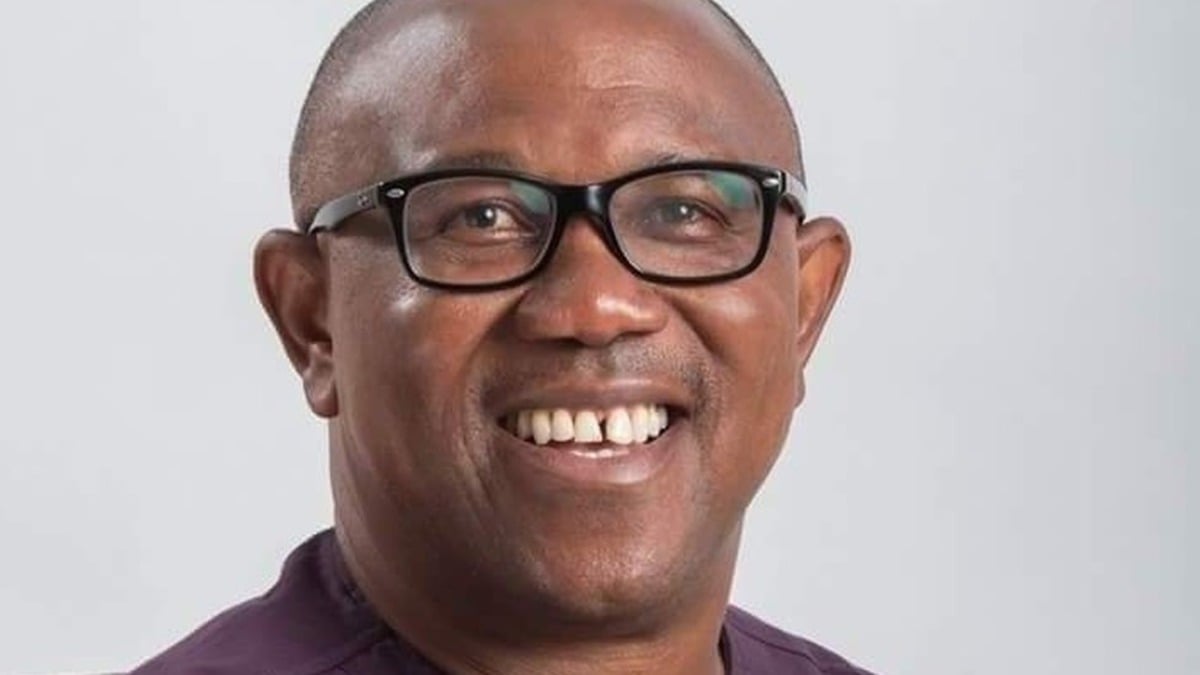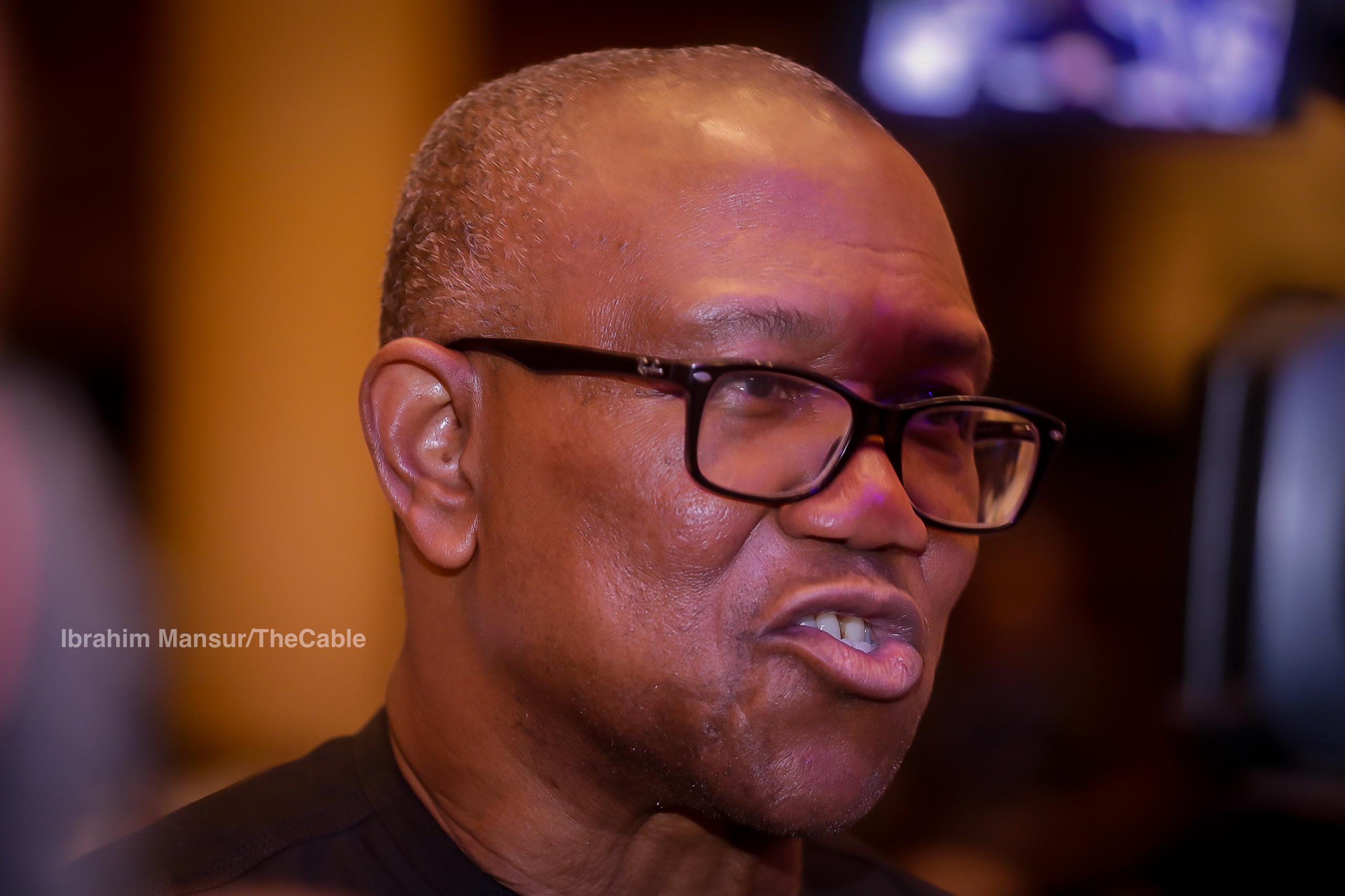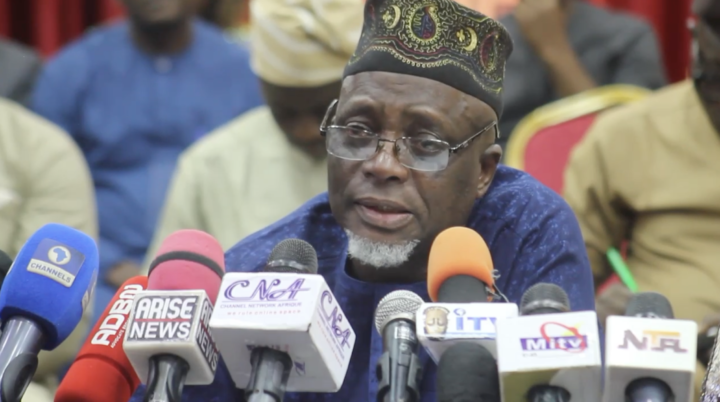Nigeria: Calls for JAMB 2025 UTME Cancellation Due to Errors

The 2025 Joint Admissions and Matriculation Board (JAMB) examination results have sparked controversy, with familiar narratives of dismal performance and frustrated stakeholders. Of the 1.9 million candidates who sat for the Unified Tertiary Matriculation Examination (UTME), over 1.5 million reportedly scored below 200 out of 400, continuing a worrying trend from previous years. This mass failure has prompted widespread concern and calls for systemic educational reform.
JAMB, through its spokesperson Dr. Fabian Benjamin, maintains that it is merely an assessment body and not responsible for teaching. The JAMB Registrar, Professor Ishaq Oloyede, acknowledged errors during the conduct of the 2025 UTME that affected candidate performance, leading to the rescheduling of fresh UTME for 379,997 candidates in five states of the South-East and Lagos State. Oloyede expressed regret and emphasized the board's commitment to transparency and fairness.
A particularly tragic incident involved 19-year-old Opesusi Faith Timilehin, who took her own life after receiving a score of 190, which she perceived as lower than her previous attempt. This event has intensified public criticism of JAMB, although many acknowledge the importance of maintaining the integrity of the examination process.
Candidates and parents have reacted strongly to the results and JAMB's admission of errors. Some candidates have called for a total cancellation of the results, citing technical glitches, poor time management, and inadequate preparation. JAMB's review revealed a failure in the deployment of updated grading software, impacting 65 centers in Lagos (206,610 candidates) and 92 centers in Owerri (173,387 candidates). Affected candidates will be contacted via SMS to reprint their slips for rescheduled examinations.
Several students expressed mixed feelings. Some, like Aham Ijendu Chimereze and Uchenna Eme, are willing to retake the examination if errors are avoided. Others, like Shoneye Neemah Darasimi and Falola Deborah Oluwatunmise, expressed disappointment and fear that the reversal of results might jeopardize their chances of admission. Darasimi lamented the uncertainty caused by the reversal, while Oluwatunmise worried about potentially scoring lower in a retake.
Parents, too, voiced their concerns. Sydney Obi noted the emotional disturbance caused by the errors and advised JAMB to thoroughly test new technologies. Funmilayo Lawrence commended the Registrar for taking responsibility, while Ogundipe Bosede Olaitan appealed for the release of underage candidates' results. A professor, Nasiru Idris, suggested that JAMB should adopt software that discloses results immediately to prevent manipulation. An educational expert, Oyarekhua Happiness, emphasized the need for JAMB to innovate and avoid recurring glitches.
The broader issue of educational quality in Nigeria remains a significant concern. Factors such as inadequate teacher training, outdated curricula, poor infrastructure, and insufficient government funding contribute to the systemic failure. The recommended UNESCO budgetary allocation for education (15-20%) is far greater than Nigeria's current investment. There's also criticism directed towards students for excessive social media use and reliance on AI tools without critical evaluation. Addressing these multifaceted challenges is essential to prevent future declines in academic performance.











